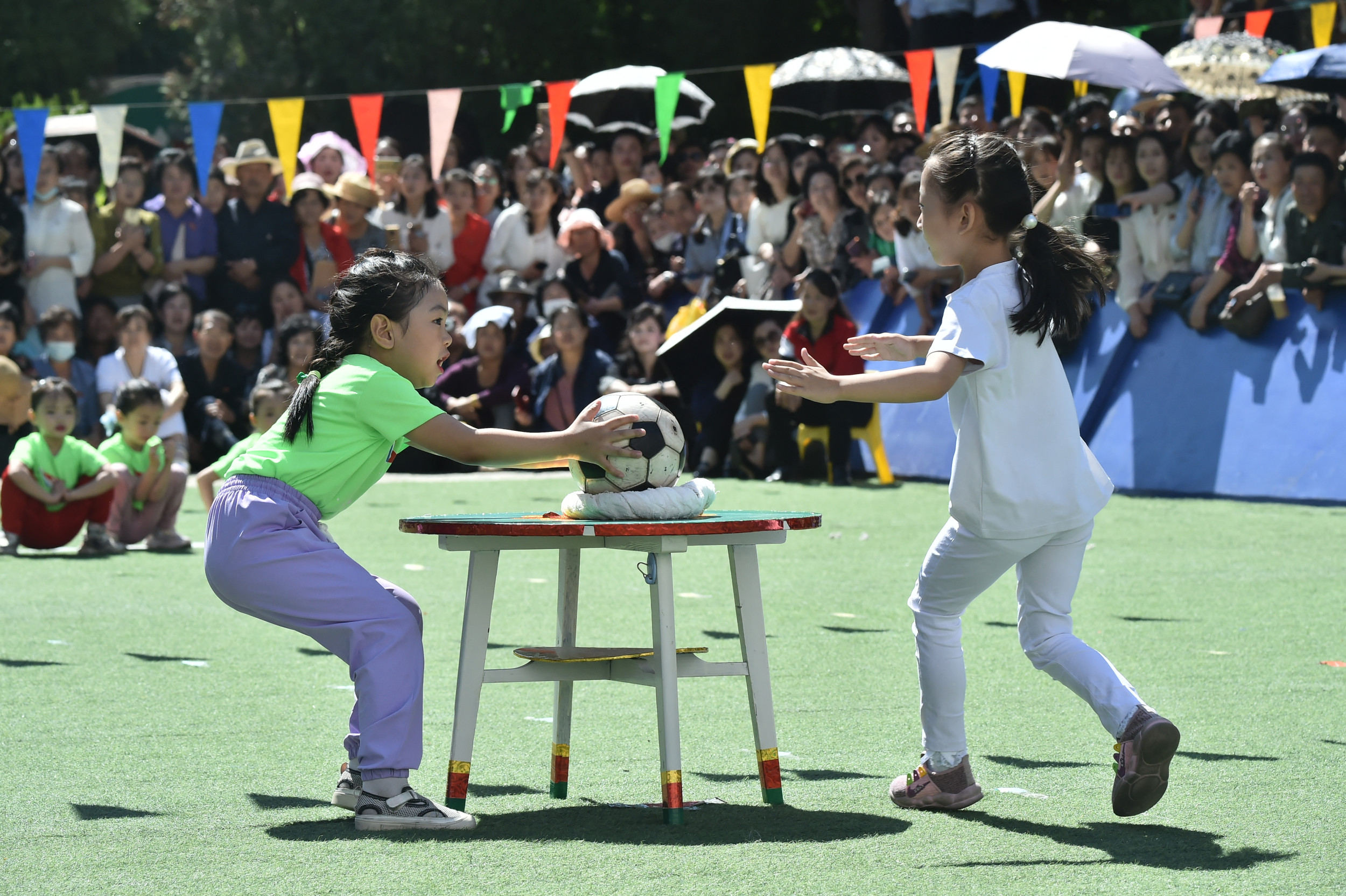North and South Korea are tackling their declining birth rates in distinct ways.
In North Korea, the fertility rate is estimated at 1.78 births per woman according to the United Nations Population Fund, while South Korea’s rate is notably lower at just 0.72—the world’s lowest.
During a recent National Congress of Mothers, North Korean leader Kim Jong Un urged women to raise children to support the nation’s revolutionary ideals.

Accurate data on North Korea’s demographics is tricky to come by, as the regime seldom releases statistics. Analysts often rely on past census data and surveys, such as a 2014 survey of over 13,000 households which corroborated a steady decline in birth rates since 2008.
Recently, Radio Free Asia reported that authorities in North Korea have been punishing doctors for conducting unauthorized abortions and cracking down on merchants selling contraceptives, facing heavy penalties in the process.
With a population of about 26 million, North Korea’s fertility rate still outpaces those of other nations with known demographic challenges, like Russia (1.4), Japan (1.2), and China (1.0). However, international sanctions have hindered the country’s ability to adopt automation, leaving them reliant on labor to compensate for their shrinking workforce.
Instead of broader economic changes, Kim’s regime has intensified efforts to combat so-called “anti-socialist” practices, focusing on state control over individual freedoms.
On the other hand, South Korea has been investing heavily—around $300 billion over the past 18 years—in initiatives to reverse its declining birth rate. President Yoon Suk-yeol is even creating a new ministry dedicated to addressing demographic challenges, including aging, housing, and immigration.
Efforts include offering financial incentives for couples, organizing matchmaking events, and initiatives promoting better work-life balance. Yet, many younger South Koreans, particularly in high-cost areas like Seoul, continue to reject traditional family structures due to financial pressures and shifting cultural values, prioritizing careers and personal freedom instead.
A recent The Wall Street Journal report highlighted this shift, noting that for the first time, dog strollers surpassed baby strollers in sales on a leading South Korean e-commerce site last year.
